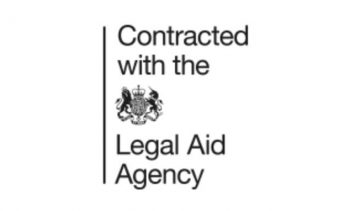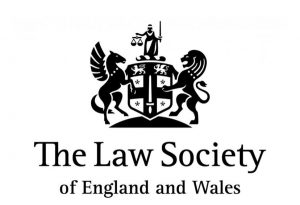In a Court of Appeal decision, Dudley Metropolitan Council v Mailley [2023] EWCA Civ 1246, the court upheld the lawfulness of provisions in the Housing Act 1985 that prevented a family member from succeeding to a secure tenancy when the tenant was permanently removed from her home due to ill health.
The case involved a mother who had rented a three-bedroom property from Dudley Metropolitan Borough Council for 57 years, living there with her daughter, Ms Mailley.
After the mother lost her mental capacity, she was moved into a care home, and she cease to occupy the property as her “only or principal home” as required by section 87 of the Housing Act 1985, thus losing security of tenure.
The Council served Ms Mailley with a notice to quit and sought possession of the property, offering her suitable alternative accommodation and a support package. Ms Mailley challenged the decision, arguing that the Council failed to offer her a review, that her eviction would breach her human rights, and that she should be entitled to succeed to the tenancy.
The High Court allowed the possession order, finding that Ms Mailley’s eviction was proportionate and justified under Article 8 of the European Convention on Human Rights. The court also held that a tenant who had lost capacity and was unable to assign their tenancy could not be considered analogous to a tenant who had died at home or who was capable of assigning their tenancy.
On appeal, Ms Mailley argued that section 87 of the Housing Act 1985 directly discriminated against her, contrary to Article 14 of the European Convention on Human Rights. However, the Court of Appeal dismissed the appeal, ruling that her eviction did not unlawfully discriminate against her. The court found that her status as the daughter of a tenant who had been permanently removed from her home due to ill health and lacked capacity to assign the tenancy did not comprise “other status” under Article 14. Furthermore, the court held that even if there had been discrimination, sections 87 and 91(3) of the Housing Act 1985 were justified as they served legitimate aims.
If you find yourself in a similar situation or have questions about your rights as a tenant, contact Adel Jibs today to discuss your case and explore your options.


